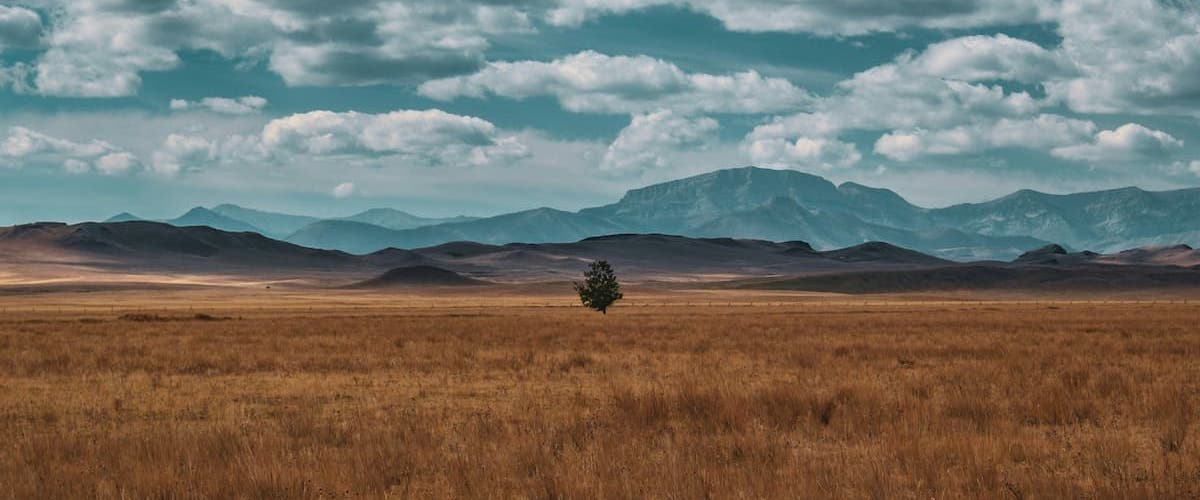Asking TikTok, Google, and Apple to more intrusively track nearly every American with a cell phone, based on the possibility that a TikTok user might enter Montana, would be a significant invasion of privacy. And yet that is the likely outcome if Montana’s law SB 419 is allowed to take effect.
A law that claims to protect Montana residents’ privacy would, in fact, make us all less secure. And, if the law takes effect, it could lead to a splintered and fragmented Internet as other US states may rush to impose bans on applications that they do not like.
Today, we filed an amicus brief with the US 9th Circuit Court of Appeals, asking the court to affirm a lower court’s preliminary injunction that stops this law from taking effect while the case proceeds.
A Quick Summary of Montana’s TikTok Ban
In 2023, the US State of Montana passed a law, SB 419, that bans TikTok from operating in Montana and imposes stiff penalties on the TikTok app and the Apple and Google mobile app stores. The Montana law would make these companies liable for ten thousand dollars each time a user in Montana accesses TikTok or is offered the ability to access or download the app, plus an additional ten thousand dollars a day thereafter for as long as the violation continues.
The law was due to take effect on January 1, 2024, but TikTok sued, as did a group of its users, both requesting a preliminary injunction. A US District Court judge granted the injunction, stopping the law from taking effect while the proceedings progress. The judge did so on the grounds that TikTok and its users would be able to show that the law violates the First Amendment, is preempted by federal national security law, and violates the Commerce Clause of the US Constitution. The state of Montana appealed the preliminary injunction to the Ninth Circuit, and the case is continuing. After a ruling (sometime later in 2024), the losing side could seek review by the US Supreme Court.
The Bigger Picture—Internet Fragmentation and Splintering
Our largest concern is the precedent this could set and the chaos it could unleash within the United States—and the world.
This law is the first legislative attempt in the US to ban a software application at the state level. If this law is allowed to stand and go into effect, we expect other US states would also seek bans of various apps based on their legislative and political priorities. One state might seek to ban YouTube, while another might target X (formerly Twitter), and others might focus on Facebook or Instagram.
This would rapidly lead to an extremely fragmented and splintered user experience depending upon where you live and travel in the US (what we refer to as a splinternet).
Similarly, other countries may be emboldened to ban applications and services in their regions, further splintering and diminishing the user experience across the global Internet. We’ve, of course, seen these kinds of application bans for years from countries such as China, Russia, North Korea, and Iran, but this law may provide justification for countries who have historically supported a more open Internet to consider application banning. (A concern we also share about the recent US law related to TikTok signed by President Biden.)
Why Montana’s TikTok Ban Won’t Work Technically
As we explain in detail in the brief, the Internet doesn’t work in the way Montana law assumes. The Internet is not geographical, it does not recognize state boundaries. A beautiful aspect of the Internet is that it is a borderless communication medium. People in Montana can view information from all over the world. And people from all over the world can view information from Montana. This open and accessible architecture is one of the critical properties that have led to the success of the global Internet over the past 50 years—it means that someone can add a new website to the Internet without seeking permission from a local or national government authority.
Attempting to impose borders on the Internet, as the State of Montana is attempting through SB 419, runs directly into significant technical, privacy, and security challenges. In the brief, we explain accuracy problems with geographic blocking (“geoblocking”) using IP addresses and how it can often be easily circumvented but with added security risks. We also point out that other mechanisms of geoblocking using GPS and other location services, while more accurate, would require collecting far more user information than TikTok and the Apple and Google app stores are currently collecting.
The State of Montana would wind up requiring these services to be more intrusive and collect more information about Montana citizens. Even worse, TikTok and the app stores would have to collect all this intrusive information about everyone in the United States (and everyone visiting the United States) in order to be sure that TikTok is not accessible to users in Montana, either on mobile phones, on desktops, or via embedded videos on web pages.
For all of these reasons, as well as the economic considerations we outlined in our amicus brief, we asked the 9th Circuit Court of Appeals to let the preliminary injunction stand while the case continues. We look forward to seeing how they rule.
Learn more about our Amicus Program where we seek to give the Internet a voice in the courts.
Image © Hunter Wiseley on Unsplash


